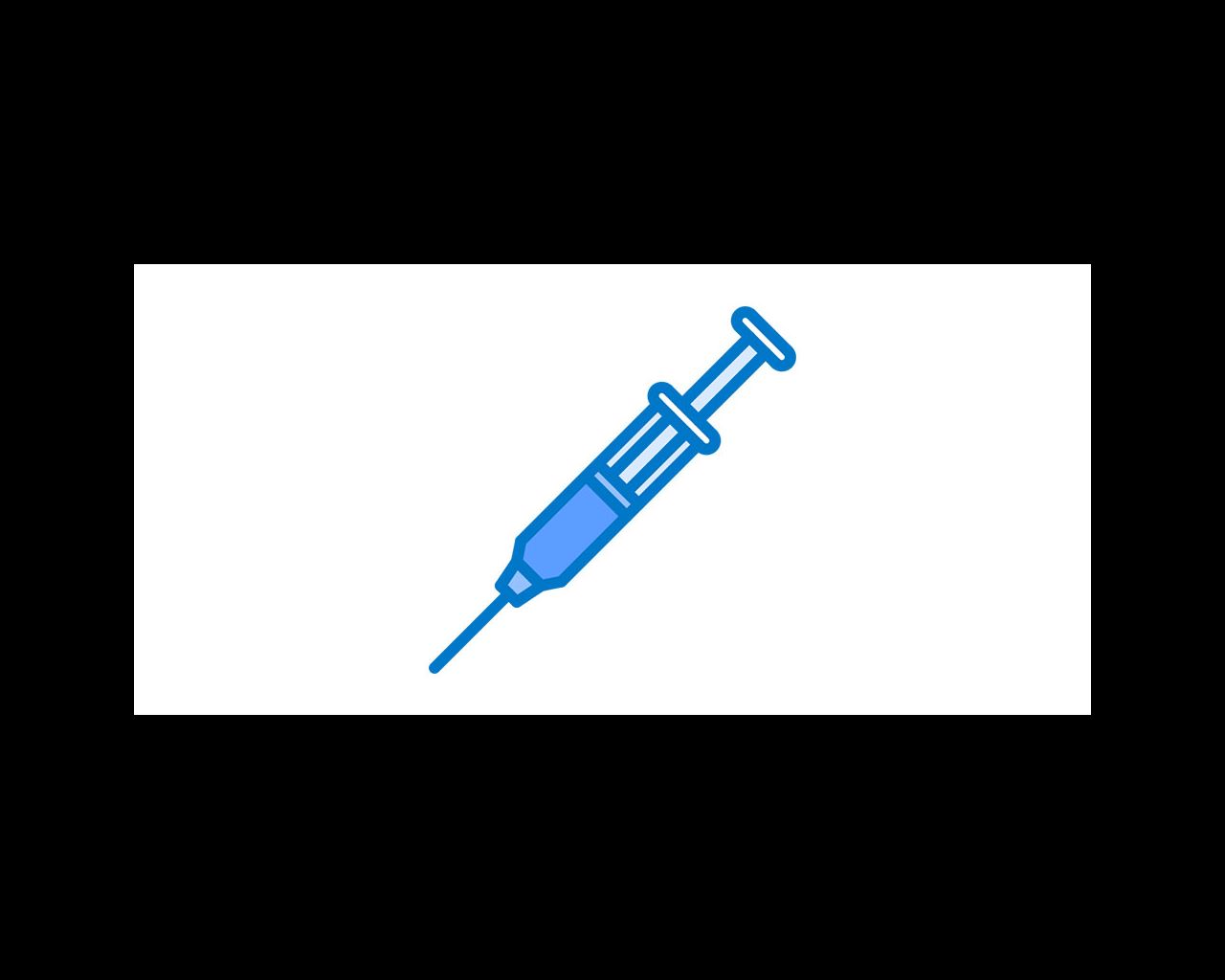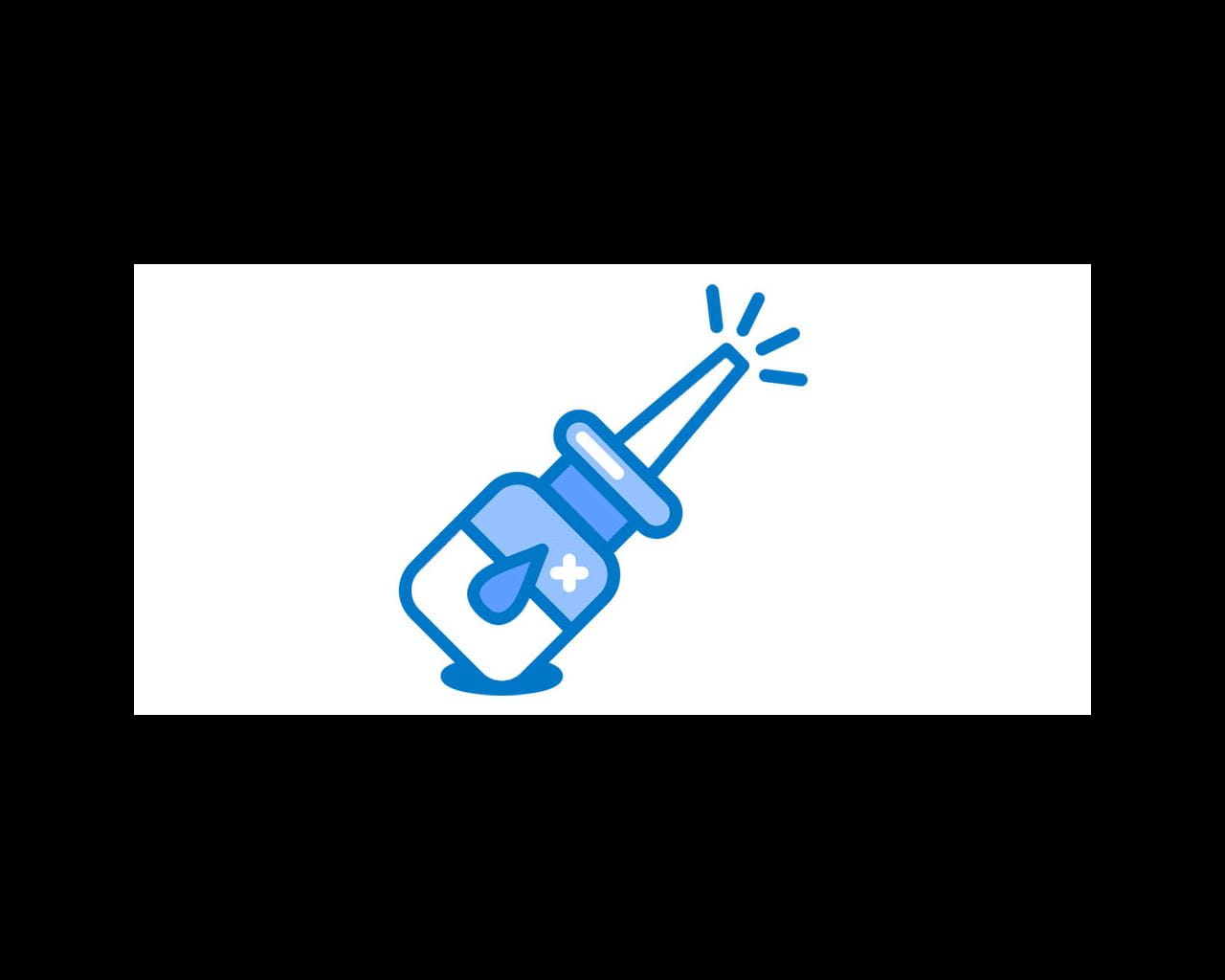Flu Cases For the 2024-2025 Flu Season
The flu is one of the most common viruses that spreads each winter. While there are many preventative methods you can use to avoid influenza – such as https://hive.rochesterregional.org/2021/11/cold-flu-covid">getting your flu shot – the flu remains a powerful virus that impacts millions of people worldwide.
Our experienced physicians share everything you need to know about flu treatment and prevention so you can know how widespread influenza is in your community. In addition to reading about trends in the number of flu cases, you can find information about the best ways to treat flu symptoms, find flu shots, how long a flu season lasts, and more.
How many flu cases are there this season?
- Flu cases in Monroe County this week: Data not yet available
- Flu cases statewide this week: Data not yet available
- Hospitalizations statewide this week: Data not yet available
- Deaths due to flu in New York state this season: Data not yet available
What was flu like last year at this time?
If you are wondering how this year's flu season compares to flu seasons in the past, we've compiled flu data from what this week looked like in years past.
2023-2024 season: N/A
2022-2023 season: N/A
2021-2022 season: N/A
2020-2021 season: N/A
2019-2020 season: N/A
2018-2019 season: N/A
Our infectious disease experts agree that the best way to protect yourself from severe flu infection and hospitalization is to get your annual flu shot. There are plenty of locations in every community where you can get the flu vaccine - find one near you!
When is Flu Season?
Flu season ramps up during the fall and winter months—usually between early December and late March of the following year. Based on more than 40 years of testing data, flu activity is known to spike most often in December, January, February, and March. The chart shows peak flu activity by month for the periods since the 1982-1983 flu season, with the peak month determined as the month with the highest percentage of positive tests.
The 2024-2025 flu season is on par with a more typical season, according to Dr. Christine Cameron, a primary care physician at Medina Family Medicine.
Winter is peak flu season for several reasons. People spend more time indoors, often with windows and doors closed, which increases the likelihood of the virus spreading. Secondly, the virus can live longer indoors because the air is less humid inside than outside.Christine Cameron, MD,Primary Care Physician, Primary Care Physician
Early Flu Symptoms
Early symptoms can feel like they appear out of nowhere. It’s important to identify symptoms early and know how to recognize them so you can ease the impact that influenza has on you.
 Fatigue
Fatigue
When your body is fighting off an infection, you will often experience rapid exhaustion and weakness. This is because your body releases chemicals to help fight the virus that cause fatigue. Experiencing both mental and physical fatigue is a common early sign that you may have the flu. When fatigued, do as little physical work as possible, and try to rest as much as you can.
 Body Aches and Chills
Body Aches and Chills
Combined with other early flu symptoms, body aches and chills are a strong indicator that the flu is either fast approaching or already in your system. Similar to fatigue, your body is using more of its resources to fight the virus, and aches and pains are the body’s response. Chills and cold spells can signal a fever and a rising body temperature. Remember to avoid heavy garments and blankets when you have the chills. And always talk to a doctor about the best medication to help regulate your body temperature.
 Sore Throat
Sore Throat
A sore throat is an early sign of the flu, but it's also an early symptom of strep throat, the common cold, or even tonsillitis. When your throat starts to feel raw and it hurts to swallow, it’s usually a sign that your body is responding to one of those viruses. Contact your doctor and schedule a flu test to receive confirmation of the flu or another infection.
 Cough
Cough
When the flu virus has entered your body, it begins to irritate the nerve endings in your airways. Coughing is a reflexive response from your body to protect your lungs from the virus during the first signs of flu. “Over-the-counter medication can relieve those early flu symptoms like coughing," says Dr. Abdullah Firoze, Primary Care Physician at Rochester Regional Health. "Remember to always cover your mouth with your arm or tissue to reduce the risk of spreading the flu.
While a sore throat can be associated with the flu, it can be caused by other viruses or bacteria. If it doesn’t improve, you should see a primary care provider for further evaluation.Abdullah Firoze, MD, Primary Care Physician, Rochester Medical Group
Flu, Cold & COVID-19: What’s The Difference?
All three of these illnesses caused by respiratory viruses share similar symptoms such as stuffy nose, sore throat, and fatigue. It’s not uncommon to mistake one for the others. But getting a COVID-19 test as a precaution is always a safe first step to take. If you experience any of these symptoms, the best and most accurate way to tell if you have the flu or a cold is to get tested by your primary care physician.
(100-102 F)can last 3-4 days
How to Treat the Flu

Medication*
“Tamiflu is one option for alleviating flu symptoms,” says Dr. Cameron. The antiviral drug is FDA-approved for people two weeks of age and older and is available in capsule and liquid form. Tamiflu attacks the flu virus in your body, prevents it from multiplying, and reduces flu symptoms. However, Tamiflu is only effective for patients who have tested positive for the flu. Antihistamines and decongestants can also help reduce nasal swelling and itchy, watery eyes. For more information on treating flu with antiviral drugs, check out the CDC Fact Sheet. *Talk to your primary care provider before using medication.

Drink Liquids
Drinking liquids will help replenish your body when you have the flu. When your body fights an infection like influenza, your temperature increases, and you become dehydrated. Water is the best thing for you to drink, but if you have lost your appetite, then liquid calories will help replenish energy. Soup, tea with honey or lemon, and diet ginger ale or orange juice with low sugar are good options.

Stay Home
“If you have a common cold, sinus infection, or any flu-like symptoms like fever, chills, muscle aches, fatigue, nasal congestion, or cough, you should stay home,” said Infection Preventionist Melissa Bronstein. The CDC also recommends anyone with a fever and respiratory symptoms should stay home from work until 24 hours after their fever subsides. Get as much rest as you can and do as little physical eversion as possible, so no exercise or rigorous chores.
Virtual urgent care is available 7 days a week for minor injuries and common illnesses from the comfort of your home, or wherever you are. No need to be a current patient or have a MyCare account. Average wait times are approximately 10 minutes.
Common Flu Myths
The importance of getting the flu vaccine has been proven, so why do some people avoid it? "Misinformation is one reason," said Dr. Marita Michelin, Chair of Emergency Medicine at Newark-Wayne Community Hospital. "There are a lot of myths out there about the vaccine that simply aren't true."
MYTH 1 The Flu Shot Gives Me the Flu
The flu shot contains an inactivated virus that doesn’t infect you with the actual virus. People who get sick after getting vaccinated were going to get sick anyway. It does take a few weeks for the vaccination to protect you from influenza, so there is a window of time after receiving the flu shot where you can get sick. But since some people get sick during the window before the vaccination starts working, it’s assumed the shot causes the illness.
This is incorrect. The vaccine cannot cause the flu.
MYTH 2 I’m Healthy So I Don’t Need to be Vaccinated
More than 26 million people tested positive for the flu in 2022-2023, according to the CDC. While seniors, children, and people with chronic illnesses are more susceptible to getting the virus, everyone can get the flu—even those with no pre-existing conditions.
Rochester Regional Health recommends yearly vaccination against influenza for everyone older than six months old, including pregnant women.
MYTH 3 Chicken Soup Can Cure the Flu
What a wonderful world we would live in if this was true! While warm liquids can soothe a sore throat and provide much-needed fluids, chicken soup has no specific qualities that can cure the flu—no matter what your grandmother tells you.
MYTH 4 Flu is Nothing More than a Bad Cold
The flu can cause severe cold symptoms, like https://www.rochesterregional.org/news/2019/10/early-flu-symptoms">sore throat, cough, and runny nose, but the flu is certainly more severe than a cold and should not be taken lightly.
Once your doctor confirms you have caught influenza, you should not attend work or public places until the virus has left your body.
People are teeming with bacteria, and germs can live almost anywhere. If someone else’s virus lands on you, there’s a chance you’ll pick up some sort of illness.[No text in field]- Melissa Bronstein System Director for Infection PreventionRochester Regional Health
Types of Flu Vaccinations
The most common type of flu vaccine is the flu shot. But there is more than one type of vaccination.

Flu Shot
This is the most common type of vaccine, administered in the arm with a needle. Slight shoulder soreness for a few hours after the shot is common.
Nasal Spray
Also known as Live Attenuated Influenza Vaccine (LAIV), the nasal spray is another common type of vaccine. Ask your doctor if this is the right type of vaccine for you.
Quadrivalent Vaccine
The quadrivalent vaccine is designed specifically to protect against four different types of flu viruses.
Adjuvanted Vaccine
This type of vaccine was developed with an additive that creates a stronger immune response and is licensed specifically for people 65 years and older.How Does the Vaccine Work?
It takes about two weeks after you get the flu vaccine for antibodies to develop in the body. The antibodies from the flu shot protect against viruses that are in the vaccine.
The seasonal flu vaccine aims to protect against the influenza virus that research indicates will be most common during the upcoming season.
According to the CDC, current vaccinations tend to work better against influenza B and influenza A (H1N1) viruses and offer lower protection against influenza A (H3N2) viruses.
Is the Flu Vaccine Safe?
Yes. Flu vaccines are designed to protect from the seasonal flu and are made under strict safety, supervision and production measures. Different types of vaccines are licensed for different ages, and each person should get one that is appropriate for their age and lifestyle preference.
Doctors recommend an annual flu vaccine for everyone six months and older. Children under the age of 9 who are getting their vaccine for the first time will receive two doses.




